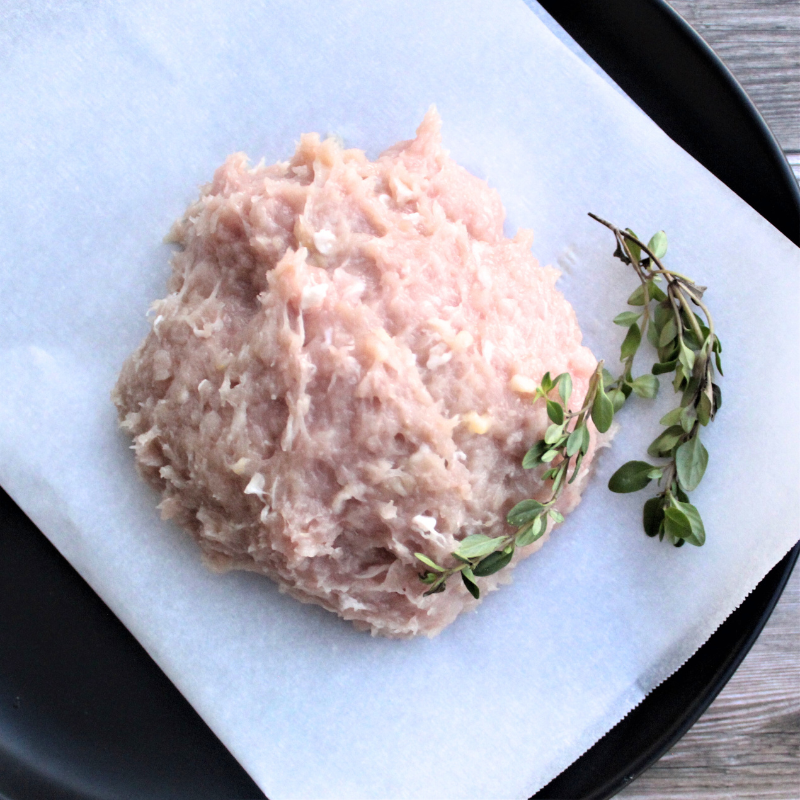MacFarlane Pheasants Has Breeder Facilities in Missouri
MacFarlane Pheasants has 18,000 breeder hens in Missouri. Troy Cisewski, our Production Manager, is responsible for overseeing the three sites we have there. They are all located within a 30-minute driving distance of each other. One of the main reasons we decided to use other sites so far away from our main farm is biosecurity. Having more locations allows us to have a sense of security in the event there was a health concern at our WI breeder site.
MoMac-4 barns (all 40 x 400 ft.)
MoArk-4 barns (all 40 x 400 ft.)
MoPhe-3 barns (40 x 400 ft. and 2 barns 40 x 500 ft.)
The hens in Missouri are solely egg layers and they are busy laying between January and late July. Eggs are shipped by truck back to our Janesville farm twice a week during this busy time of year. Then, they go to the hatchery where chicks will arrive 23-24 days later. MacFarlane Pheasants sells over a million chicks per year so some of our chicks leave the farm right after birth. Pheasants that will be raised to maturity go to the brooder barns followed by movement to flight pens at about 8 weeks. Our last hatch is typically the second week of August. It’s all about timing because the later the hatches the more chance we will be moving birds to flight pens when it is cold and possibly snowing. Birds mature at 22 weeks. The Missouri eggs have become an important contribution to our chick and mature pheasant business.
Production Manager, Troy Cisewski, has many responsibilities. Troy oversees MacFarlane Pheasants’ Oakhill and River Road Farms in Janesville, Wisconsin. This includes supervising the breeder operation, egg washing, and being in charge of breeder selection in the fall. In addition to these jobs, Troy maintains daily contact with the Missouri farms. Smart Barn systems are in place in the Missouri barns so Troy is able to monitor when lights are going on and off to ensure the light schedule is working properly. From January to March he visits the Missouri farms on a weekly to bi-weekly basis, to check on bird health, make sure operations are running smoothly, and to train new employees on flock health.
There are about 11-employees in Missouri who are in charge of picking and washing eggs and caring for the hens. One additional person is a driver who assists in getting the eggs back to Janesville. We hire both local Missouri residents and bring in our Janesville employees to get all of the work done.
If you have questions about breeder hens, Troy Cisewski will very likely know the answer! He graduated from the University of Wisconsin – River Falls with a degree in Animal Science and has been working at MacFarlane Pheasants since 2008. He can be contacted at t.cisewski@pheasant.com.

Related Posts
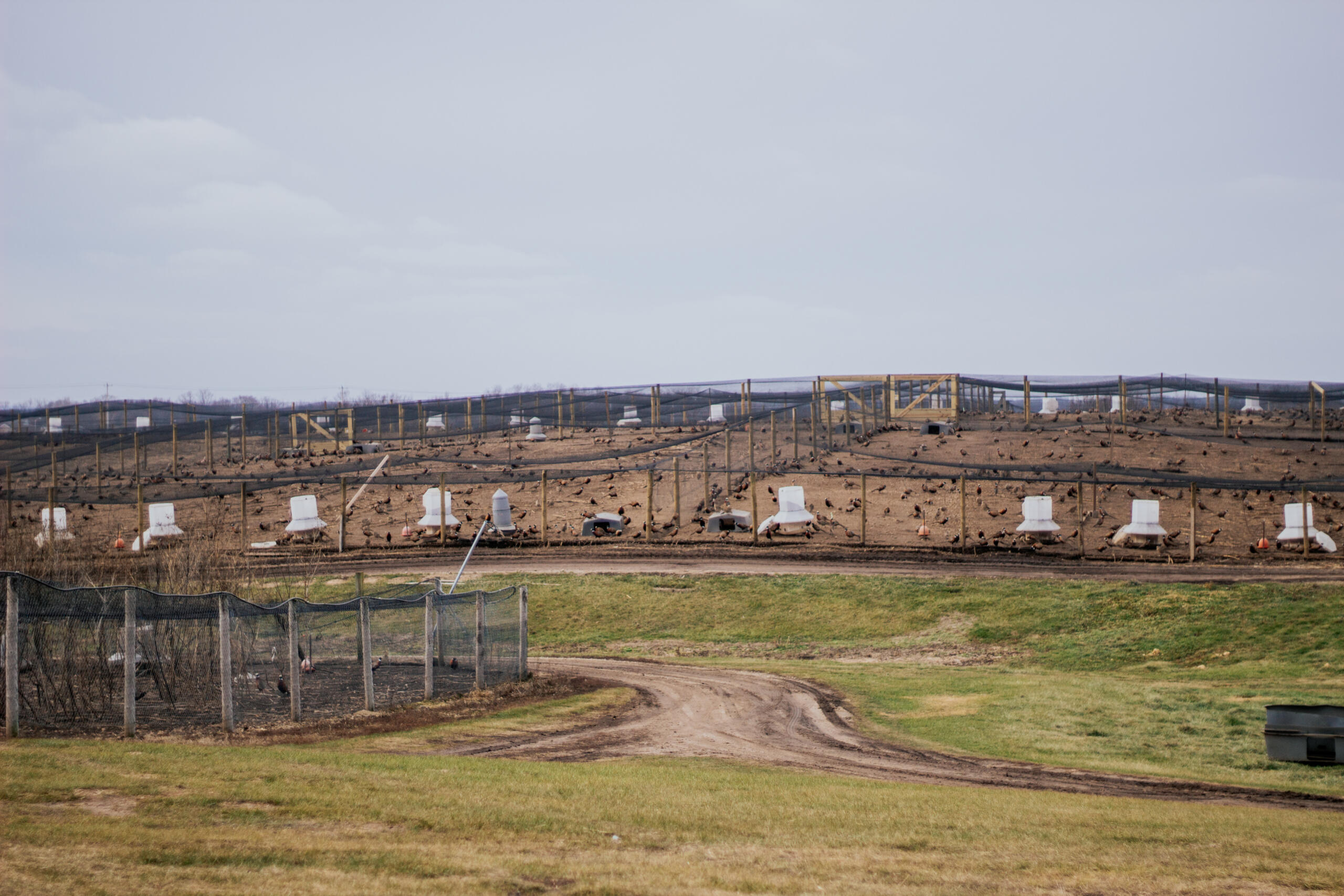
Preparing Our Barns & Pens Each Spring
Read Post
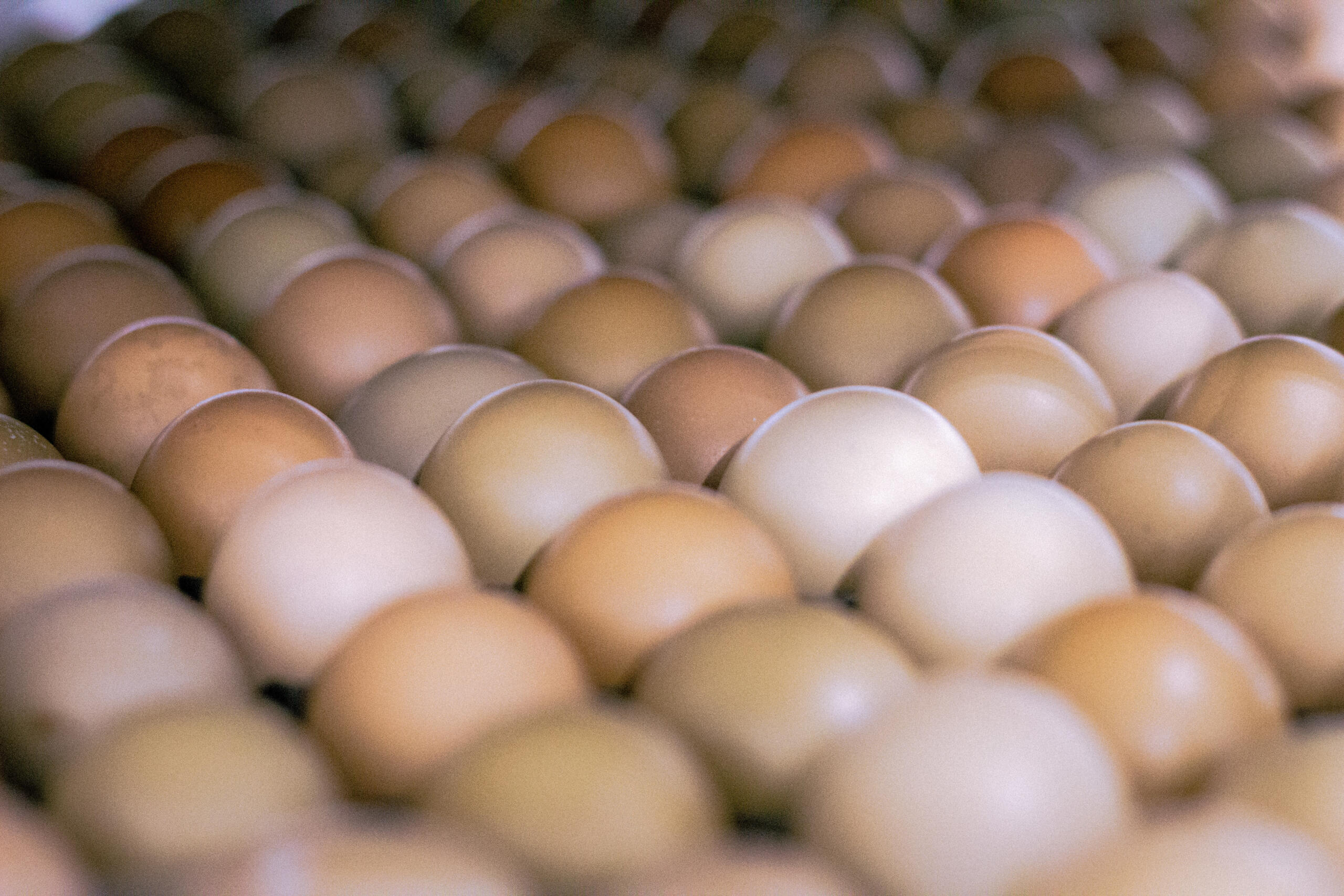
Incubation of Pheasant Eggs
Read Post
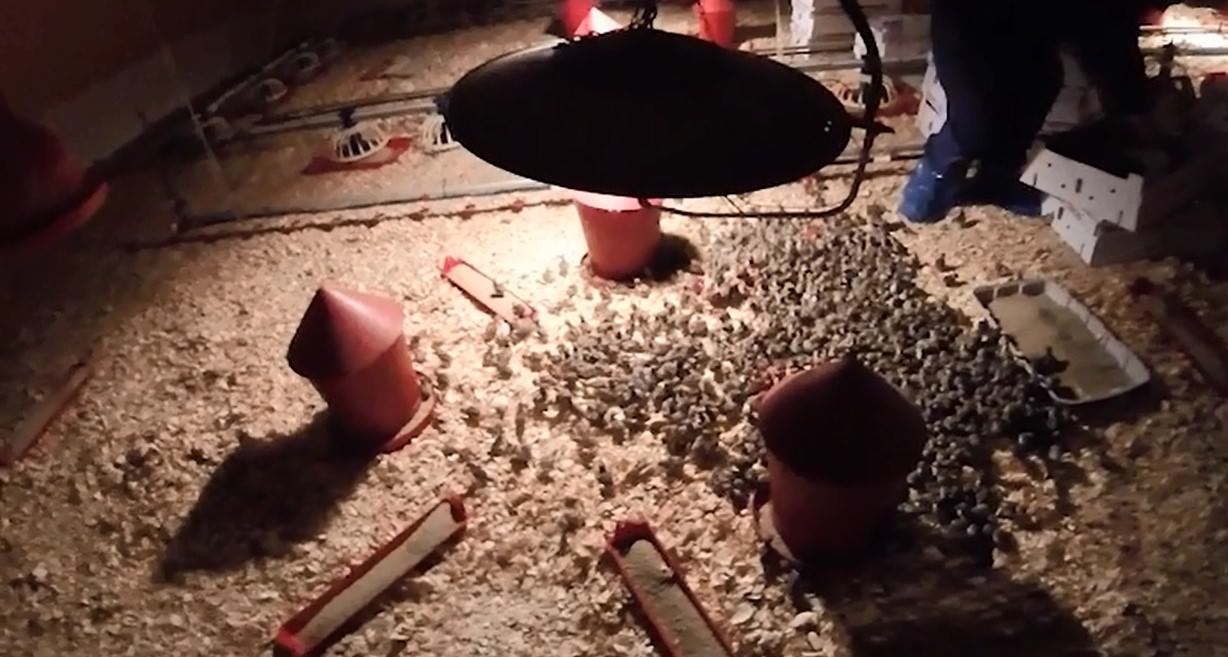
Interpreting Water Results
Read Post
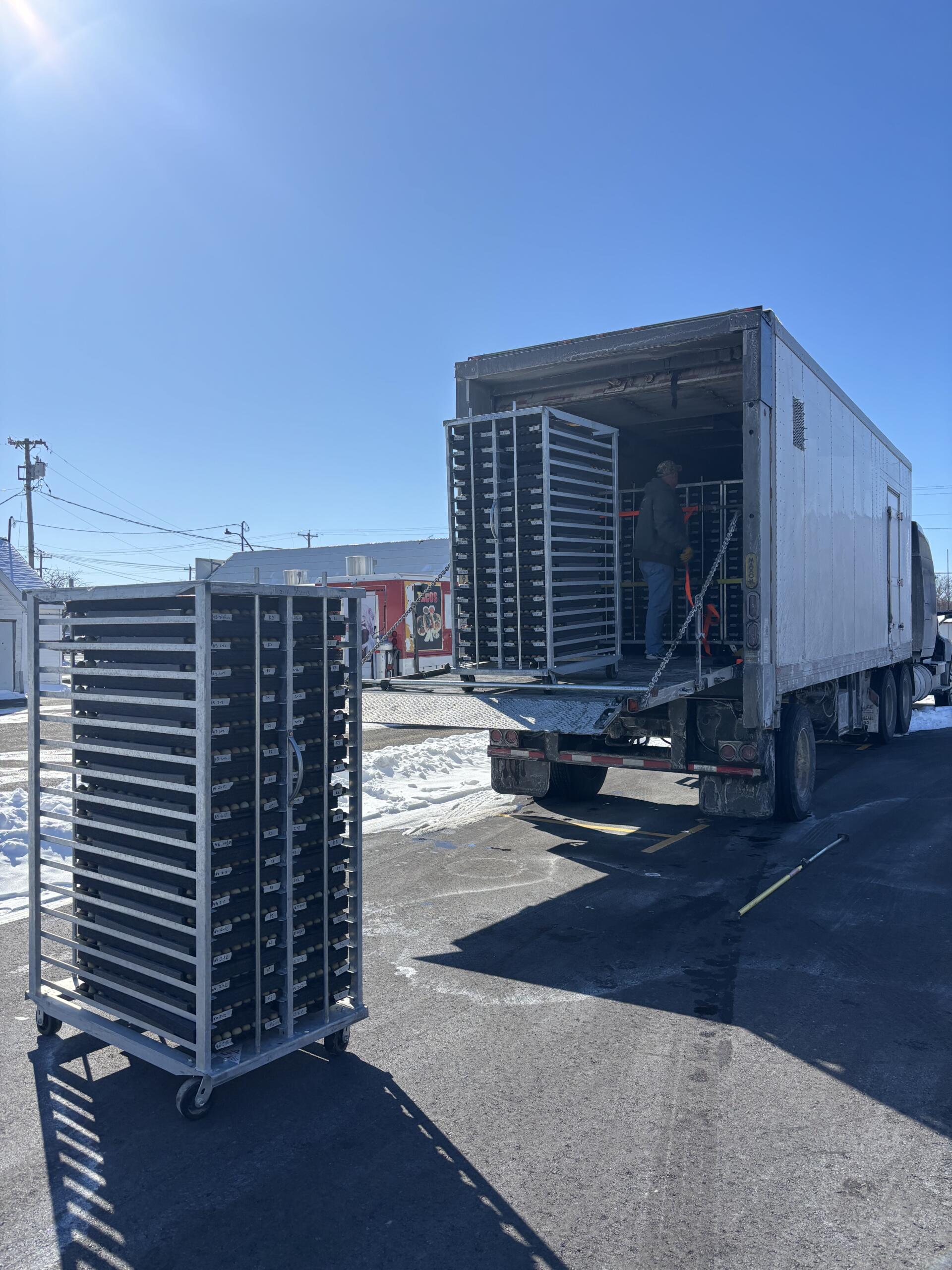
Busy Times at MacFarlane Pheasants’ Missouri Breeder Farms 2024!
Read Post
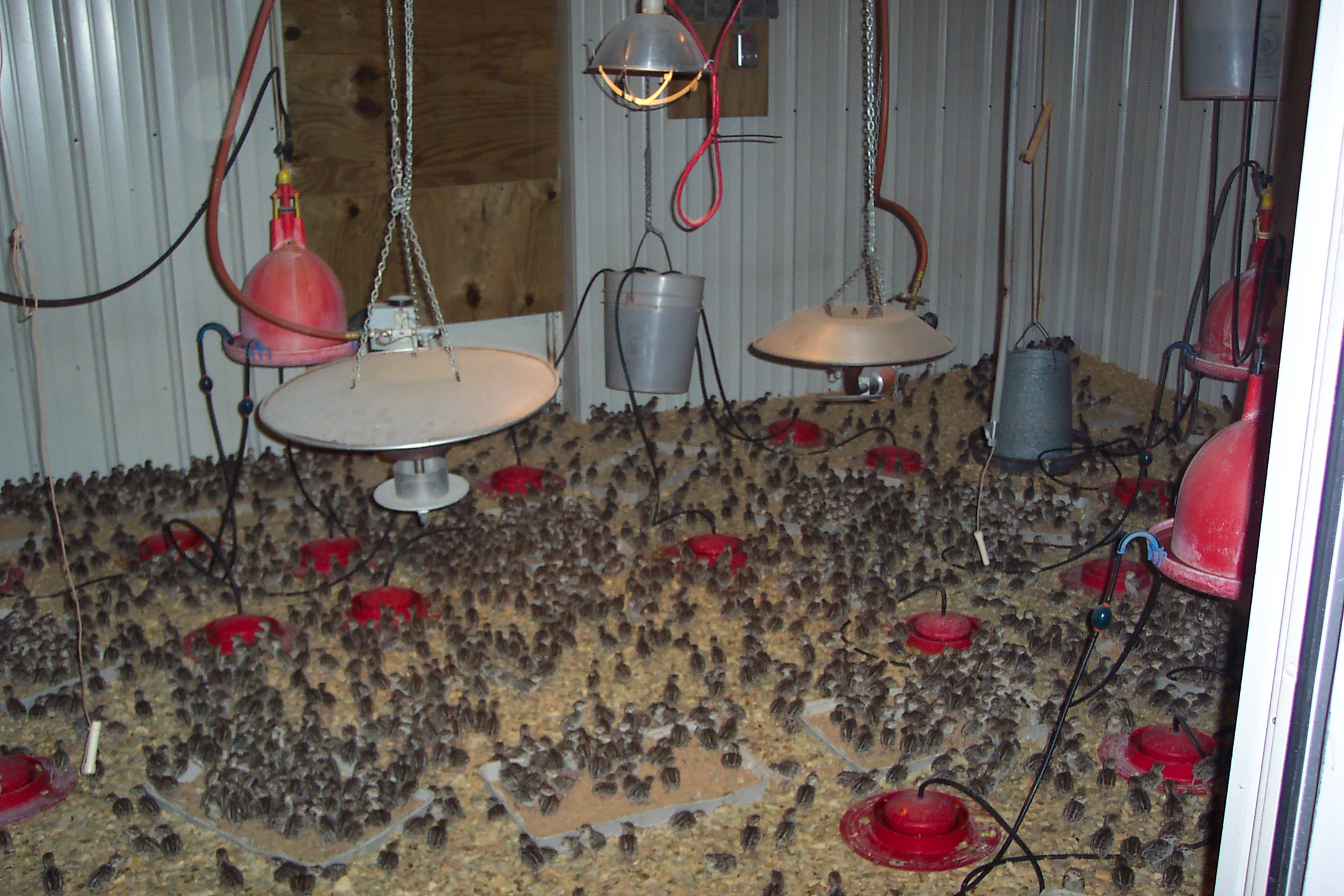
How We Prepare For Brooding Our Chicks
Read Post
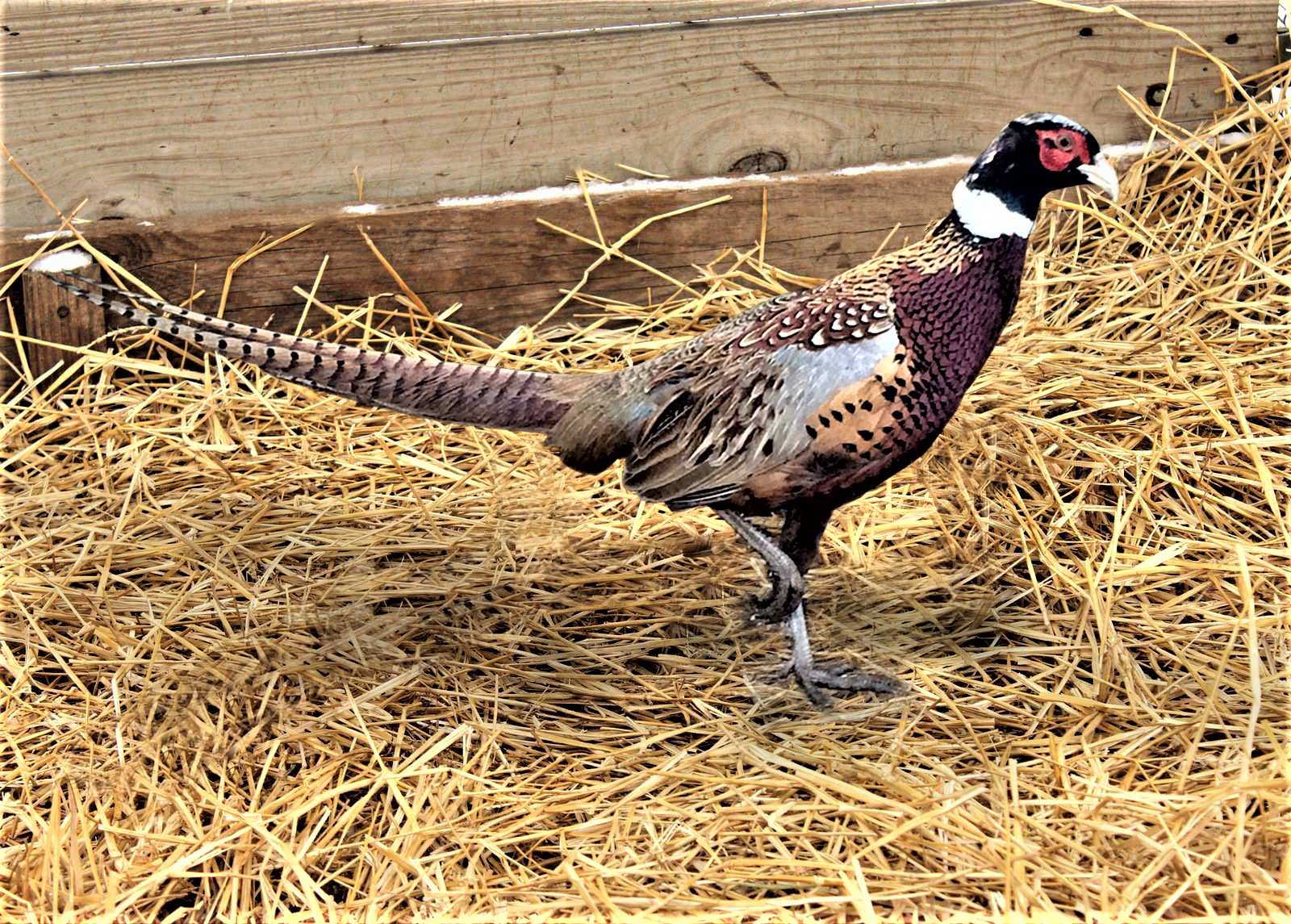
Our Milton Farm in 2024!
Read Post

10 Ways To Get the Most Out Of Brooder Barns
Read Post
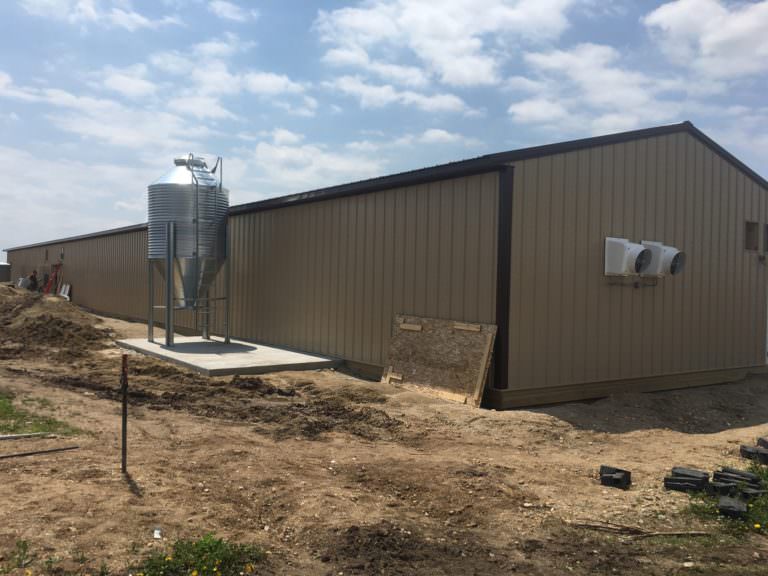
Air Flow in Barns
Read Post
Take Advantage of These Free Resources
As the biggest game bird farm in the United States, we want to share our experience with you. Download our free resources below and get started.

